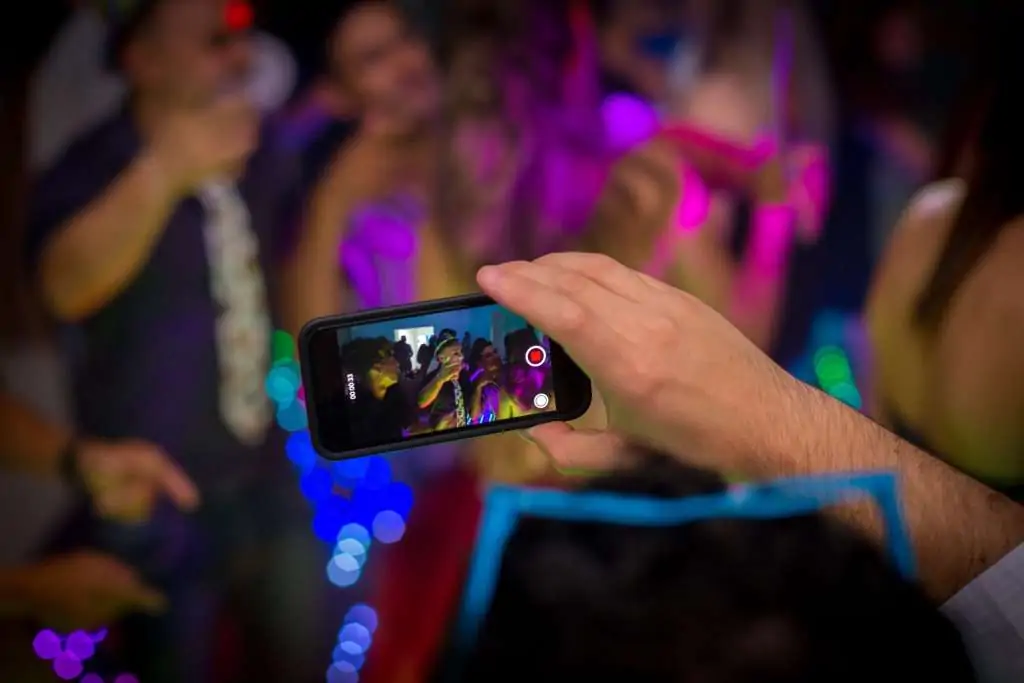With advancements in mobile technology, the average person can now record a documentary, or even an explosive exposé, merely using one’s mobile phone, with crystal clear picture and sound, that may even impress professionals.
However, you must always be careful with who and what you record with your phone. Chances are, if you recorded a conversation with a person, and that conversation was intended to be between you and that person only (or between the two persons to the conversation only), and without his or her (or both parties’) express consent, you may be liable for wiretapping.
In the Philippines, wiretapping is a crime punished under Republic Act No. 4200, also known as “The Anti-Wiretapping Act”.
Sections 1 and 4 of the Anti-Wiretapping Act, states that it shall be unlawful for any person, not being authorized by all the parties to any private communication or spoken word, to tap any wire or cable, or by using any other device or arrangement, to secretly overhear, intercept, or record such communication or spoken word by using a device commonly known as a dictaphone or dictagraph or detectaphone or walkie-talkie or tape recorder, or however otherwise described. These sections also provide that it shall also be unlawful for any person, be he a participant or not in the act or acts penalized in the next preceding sentence, to knowingly possess any tape record, wire record, disc record, or any other such record, or copies thereof, of any communication or spoken word secured either before or after the effective date of this Act in the manner prohibited by this law; or to replay the same for any other person or persons; or to communicate the contents thereof, either verbally or in writing, or to furnish transcriptions thereof, whether complete or partial, to any other person.
The Supreme Court, in the case of Salcedo-Ortanez vs. Court of Appeals (G.R. No. 110662, 04 August 1994), held that unless there is a clear showing that both parties to the conversation allowed its recording, the recording is illegal and may subject the person who made the recording to the penalties provided under Republic Act No. 4200.
Where the conversation was recorded using a mobile phone, whether the recording is video or only audio, the best evidence that both parties to the conversation allowed its recording should be found in the recorded conversation itself. This is the import of the decision of the Supreme Court in the case of Salcedo-Ortanez, where the party who is recording or is presenting the recording, must establish a “clear showing” that both parties to the conversation allowed its recording.
Further, in the case of Ramirez vs. Court of Appeals (G.R. No. 93833, 28 September 1995), it also does not matter who made the unconsented video or audio recording. The law makes no distinction as to whether the party sought to be penalized by the statute ought to be a party other than or different from those involved in the private communication. The intent of Republic Act NO. 4200 is to penalize all persons unauthorized to make such recording. The use of the qualifier “any” in the law establishes that. Consequently, “even a (person) privy to a communication who records his private conversation with another without the knowledge of the latter (will) qualify as a violator” under R.A. 4200.
It also does not matter where the recording was done. Whether the conversation was made in the confines of a private space such as a house or private room, or in a public place, such as a park or restaurant, the audio or video recording of a conversation, done without the consent of both parties, is still illegal and punished under the Anti-Wiretapping Law.
This was the intent of the lawmakers, when R.A. 4200 was enacted. Senator Tañada clarified that “it is the communication between one person and another person — not between a speaker and a public (Congressional Record, Vol. III, No. 33, p. 626, March 12, 1964). He also said that the law is a complete ban on recorded conversations taken without the authorization of all the parties.
Moreover, the Supreme Court, in the cases of Mamba vs. Garcia (G.R. No. 93833, 28 September 1995), and Office of the Court Administrator vs. Floro (G.R. No. RTJ-99-1460, 31 March 2006), ruled that the recorded conversation between a judge and other persons, done in the judge’s chambers, is illegal, without the consent of all the parties. Note should be made that the Supreme Court classified the judge’s chambers as a public place.
Finally, it is settled in Philippine law and jurisprudence that due to the inherent illegality of a video or audio recording, done without the consent of both parties to the conversation, the recorded conversation cannot be used in any proceeding, used by either party against the other, nor can be the basis of any case, claim or right.
Thus, be careful who you record and what you record, on your mobile phones. You may get into a lot of trouble, if you do so, without the consent of everyone who is part of the recording.
Nicolas & De Vega Law Offices is a full-service law firm in the Philippines. You may visit us at the 16th Flr., Suite 1607 AIC Burgundy Empire Tower, ADB Ave., Ortigas Center, 1605 Pasig City, Metro Manila, Philippines. You may also call us at +632 4706126, +632 4706130, +632 4016392 or e-mail us at [email protected] or visit our website www.ndvlaw.com .









